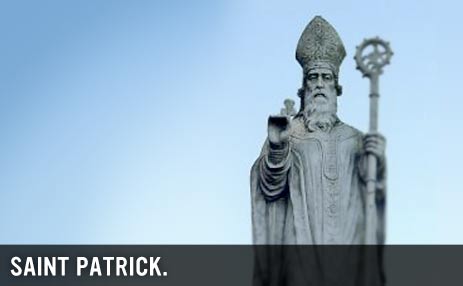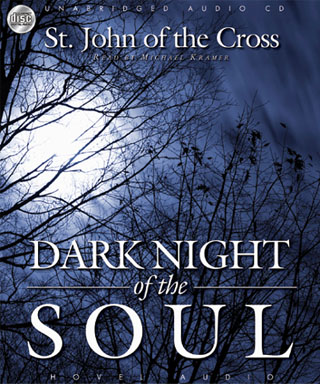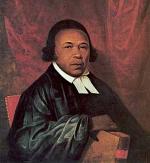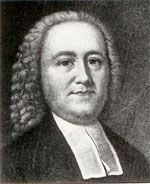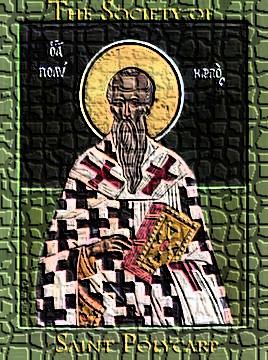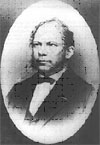“You shall not kill the child by obtaining an abortion. Nor, again, shall you destroy him after he is born.†(Barnabas, 70-80 AD, 1.148)
“You shall not murder a child by abortion nor kill one who has been born.†(The Didache, 80-140 AD, 1.377)
“We say that those women who use drugs to bring on abortion commit murder. And we also say that we will have to give an account to God for the abortion.†(Athenagoras, 175 AD, 2.147)
“In our case, murder is once for all forbidden. Therefore, we may not destroy even the fetus in the womb, while as yet the human being derives blood from other parts of the body for its sustenance. To hinder a birth is merely a speedier way to kill a human. It does not matter whether you take away a life that has been born or destroy one that is not yet born.†(Tertullian, 197 AD, 3.26)
“Indeed, the Law of Moses punishes with appropriate penalties the person who causes abortion. For there already exists the beginning stages of a human being. And even at this stage, [the fetus] is already acknowledged with having the condition of life and death, since he is already susceptible to both.†(Tertullian, 210 AD, 3.218)
“Are you to dissolve the conception by aid of drugs? I believe it is no more lawful to hurt a child in process of birth, than to hurt one who is already born.†(Tertullian, 212 AD, 4.57)
“There are some women who, by drinking medical preparations, extinguish the source of the future man in their very bowels. So they commit murder before they bring forth.†(Mark Minucius Felix, 200AD, 4.192)
“The womb of his wife was hit by a blow of his heel. And, in the miscarriage that soon followed, the offspring was brought forth, the fruit of a father’s murder.†(Cyprian, 250AD, 5.326)
“The soul is not introduced into the body after birth, as some philosophers think. Rather, it is introduced immediately after conception, when the divine necessity has formed the offspring in the womb.†(Lactantius, 304-313AD, 7.297)
“You shall not slay your child by causing abortion, nor kill the baby that is born.†(Apostolic Constitutions, 390 AD, 7.466)
[HT: James Grant]
